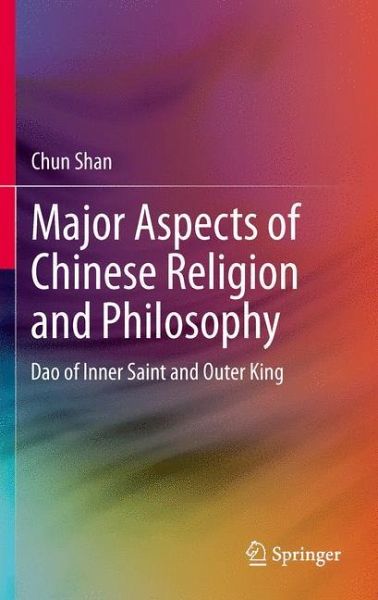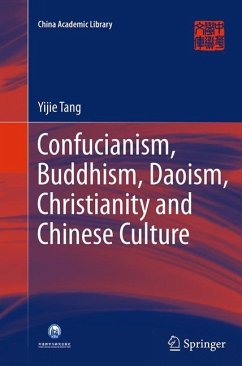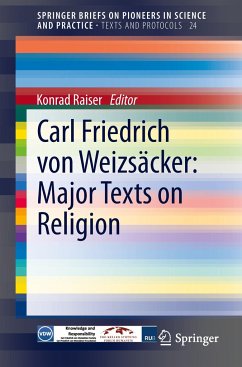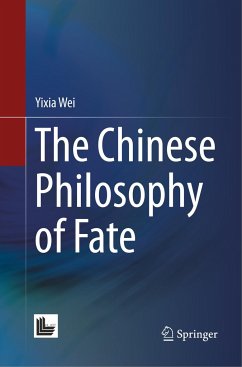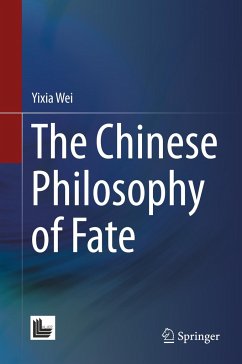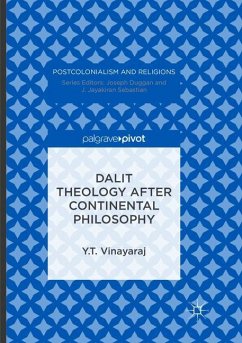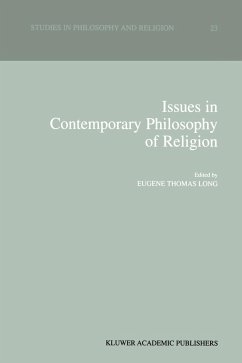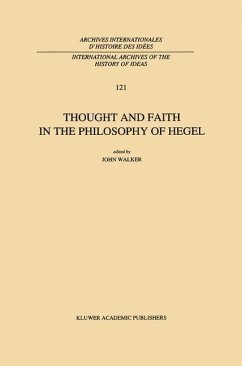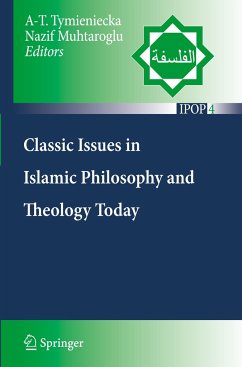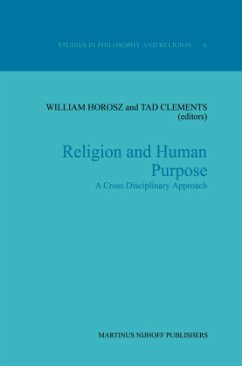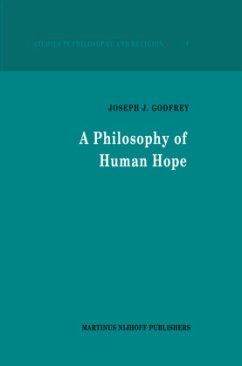Professor Shan Chun's masterful introduction to traditional Chinese ways of thinking, embodied in the "three teachings" of Confucianism, Daoism, and Buddhism, provides a refreshing and insightful assessment of China's enduring ability to accommodate diverse perspectives within a unified and harmonious framework. His comprehensive command over Chinese sources and his comparisons with Western examples will be welcome to all interested in understanding how Chinese religious, philosophical, and political concepts are intertwined. An interesting work that reveals how traditional Chinese thinking is informing contemporary Chinese perspectives.
Albert Welter, Professor of East Asian Religions, Chair of the Department of Religion & Culture
and Coordinator of the East Asian Languages & Cultures Program, University of Winnipeg (Canada)
I read
Major Aspects of Chinese Religion and Philosophy Dao of Inner Saint and Outer King with great interest. Shan Chun presents a fascinating and informative historical account of how Chinese philosophers harmonized the tensions between its three major faith traditions-Confucianism, Daoism, and Buddhism. Well-chosen comparisons with similar struggles in Western thought illuminate the discussion. This book will be a valuable resource for those seeking a deeper understanding of Chinese philosophy and religion.
Richard N. Stichler, Prof. of Philosophy, Alvernia University, USA
Shan Chun's
Major Aspects of Chinese Religion and Philosophy Dao of Inner Saint and Outer King is a comprehensive work with sharp insights into the nature of China's spiritual traditions. For those who are confused about whether Confucianism, Daoism and Buddhism are to be viewed as religion or philosophy, the author puts the question to rest through an evocative image. The 'Chinese nation', he says, 'isparticularly good at ideological reconciliation in which philosophy and religion have been transformed into dancing partners in its gracefully durable history'.
So, too, the idea of wisdom and virtue as Inner Saint and the creation of a conducive socio-political environment as Outer King are meant to harmonize. The concept, which forms the title of the book, comes from the Confucian Doctrine of Being Internal or Inner Saint and External or Outer King
Nei Sheng Wai Wang Zhi Dao). Part One deals with the Inner Saint in nine chapters, beginning with a historical survey of the 'faith triangle' of Confucianism, Daoism and Buddhism and concluding with a Confucian perspective on the Enlightenment and religion. Part Two on Outer King moves through eight chapters that include Chinese cosmopolitanism
Tian Xia and the political implications of natural justice in
The Doctrine of the Mean Zhong Yong).
This is a work that will satisfy both the curious non-specialist and the seasoned scholar in its treatment of a highly pertinent topic to the future of China, and not only its past. Harmonious Society and Harmonious World are now the mantras of Chinese policymakers in their efforts to give governance (the Outer King) an inner value that derives from China's rich traditions.
Rosita Dellios
Associate Professor of International Relations, Bond University, Australia
